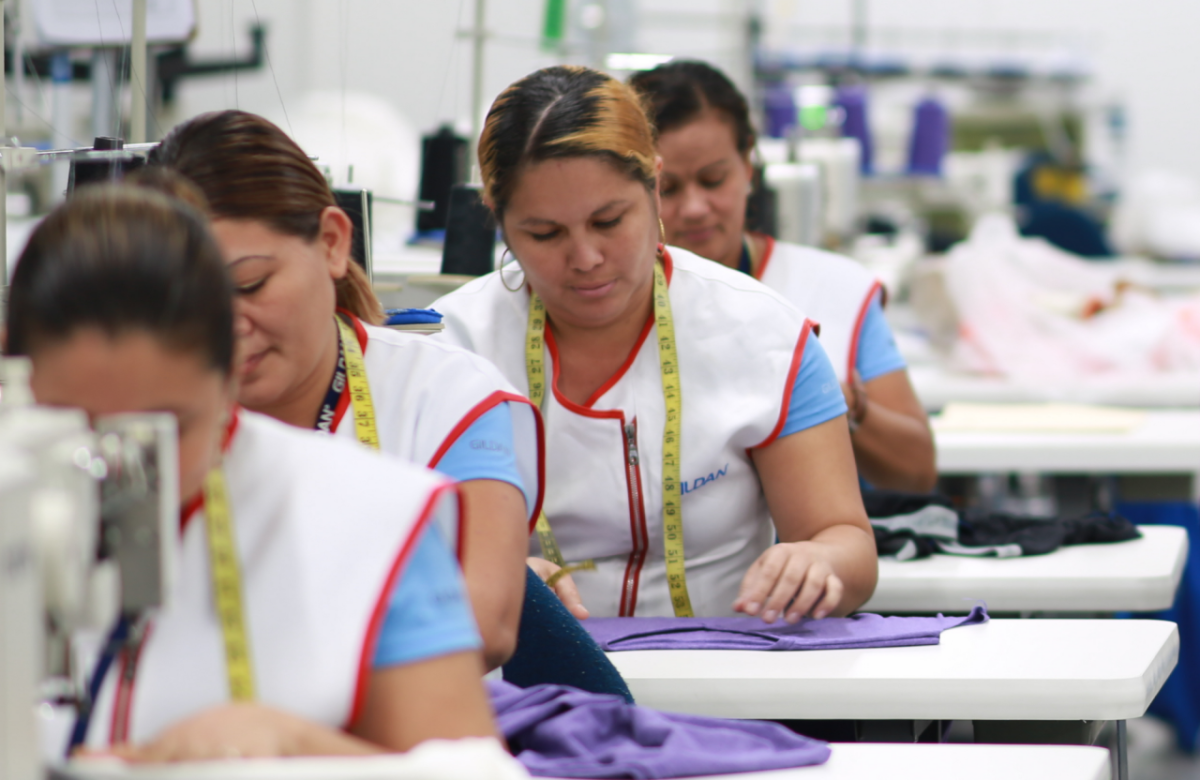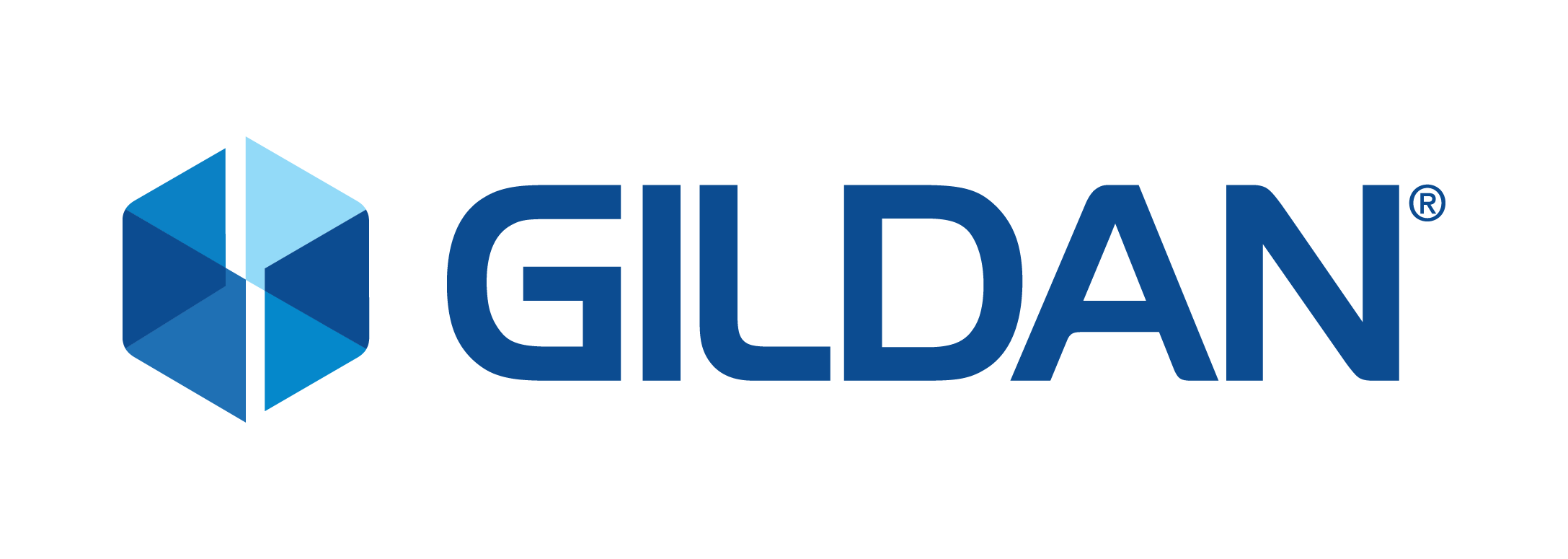Transparency and Ownership: Key Components to Gildan's Ethical and Sustainable Practices
Benito Masi, President of Manufacturing at Gildan, explains how their vertically-integrated supply chain delivers value for all their stakeholders.

In today’s fashion and apparel industry, it is common for both brands and companies to outsource the production of their clothes to various third-party contractors. In fact, decentralized global supply chains are quite common in this industry.
Gildan’s vision of Making Apparel Better® challenges the status quo by operating a supply chain that’s primarily its own. One main differentiator of the way Gildan operates is the unapparelled visibility that the Company has over much of its supply chain, allowing Gildan to put transparency and ownership at the core of their business model.
“Transparency is a key component to operating successfully and responsibly,” says Benito Masi, President of Manufacturing at Gildan. “Transparency allows us to shine a light on processes and practices that can be optimized, all while ensuring a certain level of oversight from a governing source” he continues. “We operate what we call a vertically-integrated supply chain. That means that the processes and steps involved in apparel making are directly operated by Gildan rather than outsourced to another company. That includes yarn-spinning, knitting, dyeing, cutting, sewing, and distribution. This gives us a bird’s eye view on everything that we do, including our tier 1, 2, and 3 manufacturing processes. By doing business this way, we are responsible for the well-being of our employees and the environments touched by our operations” he explains.
“Thanks to this model, every aspect of our manufacturing processes is evaluated through the lens of its total impact. On the people front, we embrace our responsibility to treat our employees with respect and provide them with rewarding, safe, and healthy workplaces. On the environmental front, we make sure to optimize resources, minimize waste, and increase efficiencies that lessen our impact on the planet. This kind of oversight is rare in the apparel industry and allows us to ensure that ethical and sustainable practices are deployed throughout.”
Masi explains that because Gildan owns their factories; investing in technology, sustainable innovation, and more importantly, programs that take care of their workers; is the norm at Gildan. “We are all very proud of our vertically-integrated supply chain. It is one of our greatest strengths and has allowed us to become one of the world’s most efficient, ethical, and sustainable apparel manufacturers out there.”
Explore Gildan’s manufacturing process here.

